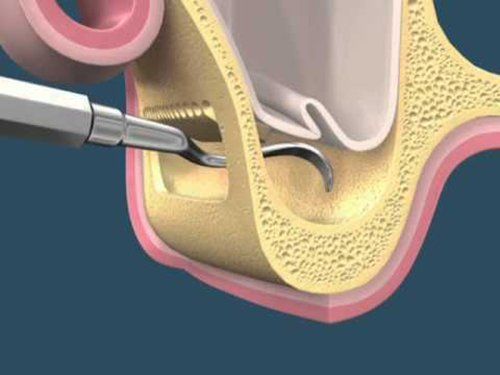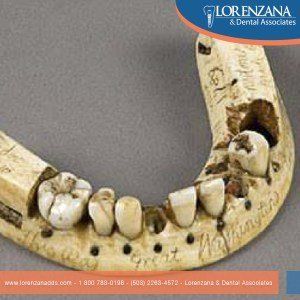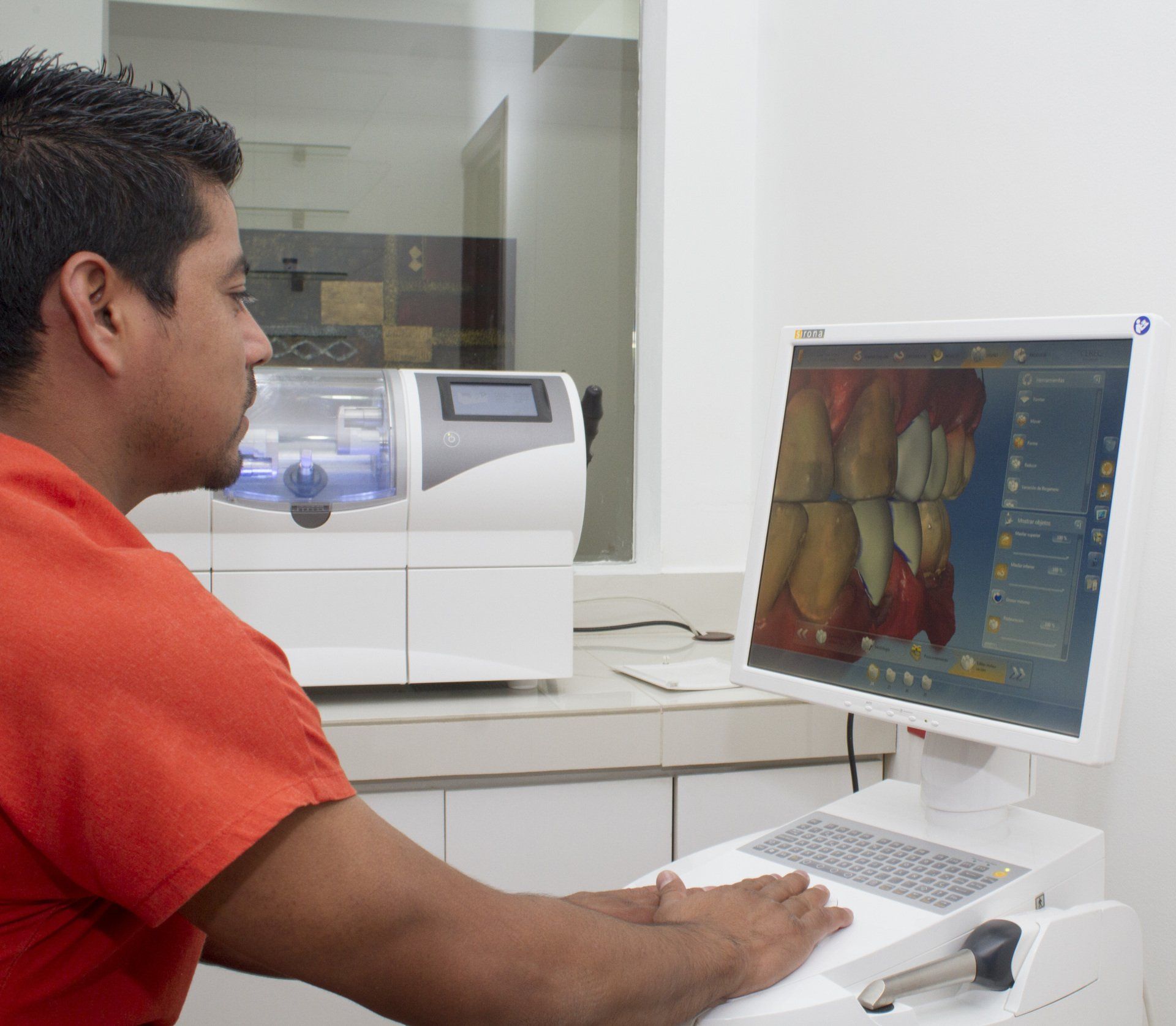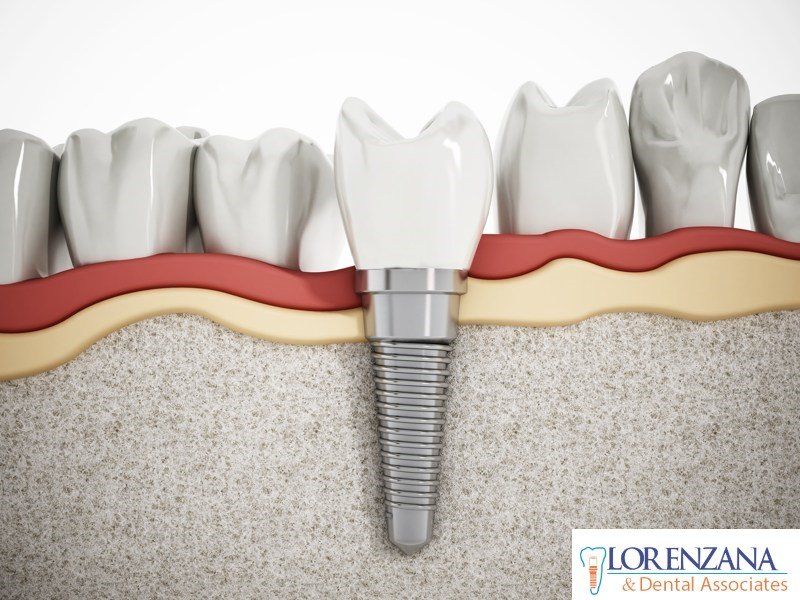Better Oral Health May Mean Better Overall Health

Improper oral care may lead to plaque buildup and plaque formation may lead to gingivitis, which in some patients may progress to periodontitis, a more severe form of gum disease.
Recent evidence suggests that periodontitis may be associated with heart disease, diabetes and other health conditions.
Heart Disease:
What is the association between oral health and your heart?- Some studies suggest that oral inflammation and bacteria associated with periodontitis may be associated with the development of heart disease
- One theory is that harmful oral bacteria may enter the bloodstream and attach to fatty deposits in the blood vessels of the heart
- Another theory is that inflammatory proteins may enter the bloodstream and may stimulate inflammation in blood vessels
- Both theories suggest that these conditions may lead to blood clots and contribute to heart disease
- Make sure your dentist and hygienist know you have a heart problem
- Have regular dental checkups
- Maintain good oral health by brushing and flossing twice a day
- Eat healthy, exercise and if you smoke, quit
Diabetes:
What is the association between diabetes and oral health?- Diabetes may affect your oral health, and your oral health may affect your diabetes
- Studies show that gum disease may be more difficult to manage and /or eliminate in patients with diabetes
- When your blood sugar levels are poorly controlled, the following oral conditions may develop: periodontitis, tooth loss, thrush, a fungal infection of the mouth, and dry mouth
- And recent evidence suggests that periodontitis may adversely affect a person with diabetes in controlling his/her blood sugar levels
- Follow your physician's instructions and control your blood sugar levels
- Go for regular dental checkups (tell your dentist and hygienist you have diabetes and about any medications you may be taking)
- Practice good oral hygiene with twice-a-day brushing and flossing
Una mejor salud oral puede significar una mejor salud general

El cuidado bucal inadecuado puede conducir a la acumulación de placa y la formación de placa puede conducir a gingivitis, que en algunos pacientes puede progresar a periodontitis, una forma más grave de enfermedad de las encías.
La evidencia reciente sugiere que la periodontitis puede estar asociada con enfermedades cardíacas, diabetes y otras afecciones
Enfermedad cardíaca:
¿Cuál es la asociación entre la salud oral y el corazón?
- Algunos estudios sugieren que la inflamación oral y las bacterias asociadas con la periodontitis pueden estar asociadas con el desarrollo de enfermedades cardíacas.
- Una teoría es que las bacterias orales dañinas pueden ingresar al torrente sanguíneo y unirse a depósitos grasos en el vasos sanguíneos del corazón .
- Otra teoría es que las proteínas inflamatorias pueden entrar en el torrente sanguíneo y estimular la inflamación en los vasos sanguíneos.
- Ambas teorías sugieren que estas condiciones pueden provocar coágulos sanguíneos y contribuir a la enfermedad cardíaca.
Cuando tienes una enfermedad cardíaca, es importante mantener una buena salud oral. Recuerde:
- Asegúrese de que su odontólogo e higienista sepan que tiene un problema cardíaco.
- Realice exámenes dentales regulares
- Mantenga una buena salud oral cepillándose y usando hilo dental dos veces al díaComer sano, hacer ejercicio y, si fuma, dejar de fumar
Diabetes
¿Cuál es la asociación entre la diabetes y la salud oral?
- la salud bucal y su salud oral pueden afectar su diabetes
- Estudios muestran que la enfermedad de las encías puede ser más difícil de controlar y / o eliminar en pacientes con diabetes.
- Cuando sus niveles de azúcar en la sangre están mal controlados, pueden presentarse las siguientes condiciones orales: periodontitis, pérdida de dientes, aftas , una infección micótica de la boca y boca seca.
- La evidencia reciente sugiere que la periodontitis puede afectar negativamente a una persona con diabetes en el control de sus niveles de azúcar en la sangre.
- Siga las instrucciones de su médico y controle sus niveles de azúcar en la sangre
- Vaya a chequeos dentales regulares (informe a su dentista e higienista que tiene diabetes y sobre cualquier medicamento que esté tomando)
- Practique una buena higiene oral con cepillado y uso de seda dental dos veces al día











